Balkh
overview
Mazar-i-Sharif, the capital of Balkh Province, is one of Afghanistan’s most important cultural and historical cities. Located in northern Afghanistan, Mazar-i-Sharif is renowned for its majestic Shrine of Hazrat Ali, also known as the Blue Mosque. Balkh Province is often called the “Mother of Cities” due to its ancient roots and historical significance as a center of learning, religion, and trade. With its close proximity to Central Asia, Mazar has historically been a crossroads of diverse cultures, making it a unique blend of Afghan, Persian, and Central Asian influences.
Key Areas and Landmarks
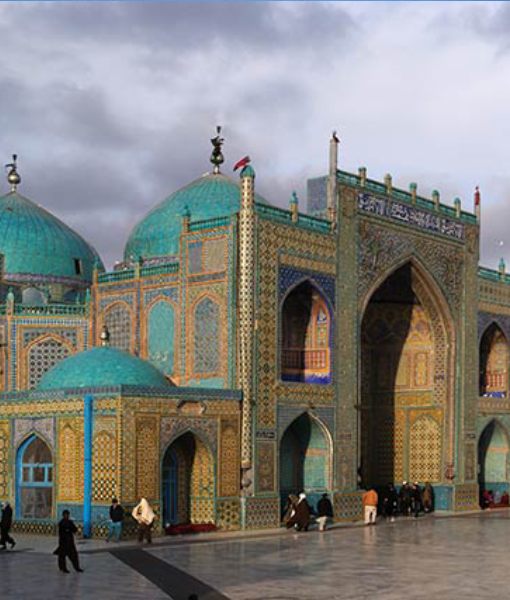
Shrine of Hazrat Ali
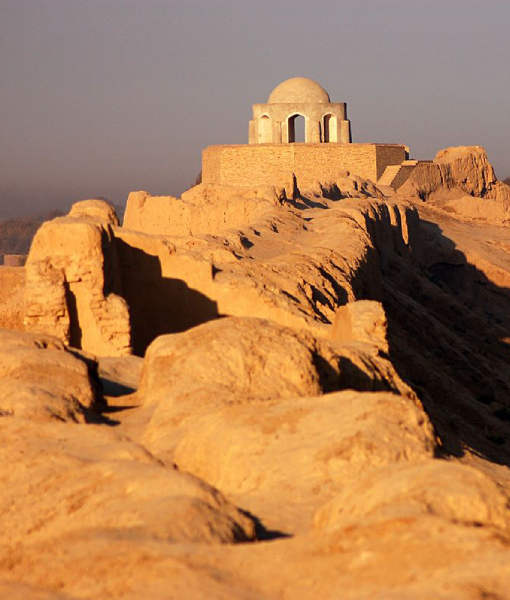
Ruins of Ancient Balkh
Festivals and Cultural Events
: Nawruz (Persian New Year) is the most celebrated event in Mazar-i-Sharif, drawing thousands of people to the Blue Mosque for festivities. The celebration includes colorful displays, traditional music, and games such as Buzkashi, a traditional horseback sport. Islamic festivals like Eid al-Fitr and Eid al-Adha are also celebrated with communal prayers and gatherings. Despite restrictions on large gatherings, Mazar’s residents continue to observe cultural traditions within families and communities, maintaining their heritage and spirit.
Mazar-i-Sharif, with its deep-rooted history, sacred sites, and cultural richness, stands as a symbol of Afghanistan’s complex and resilient heritage. Its unique mix of tradition, spirituality, and natural beauty makes it one of Afghanistan’s most cherished cities.
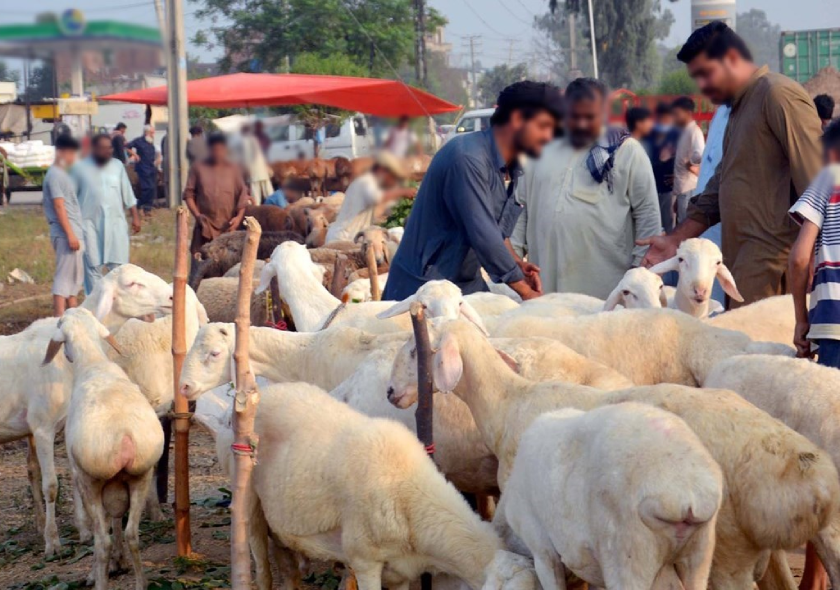
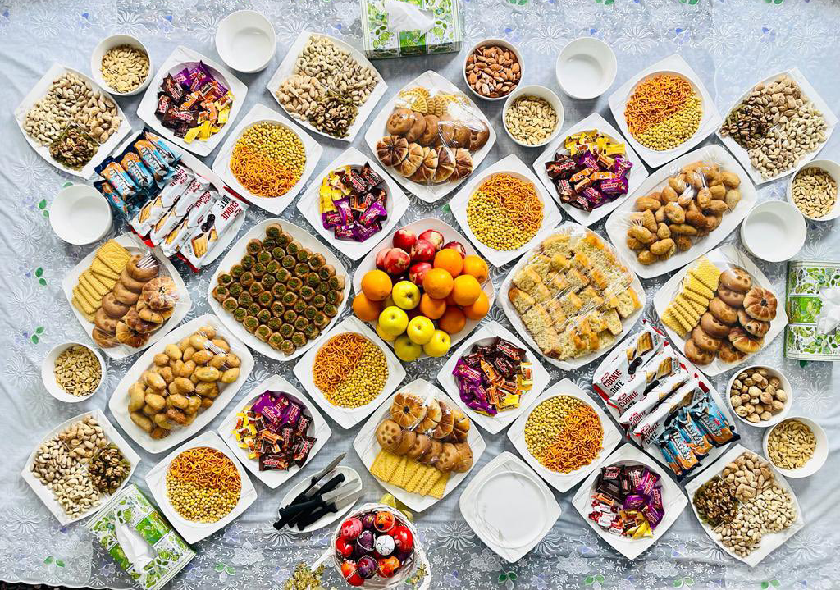
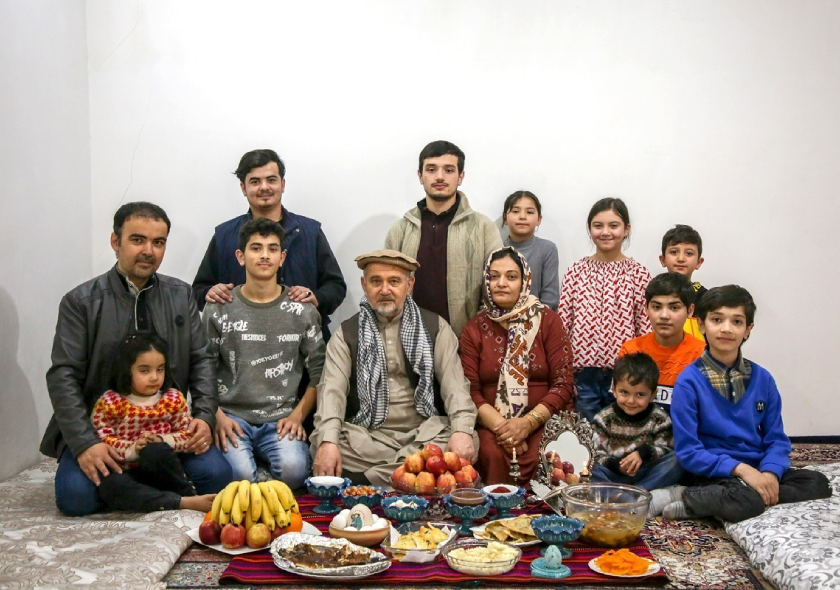
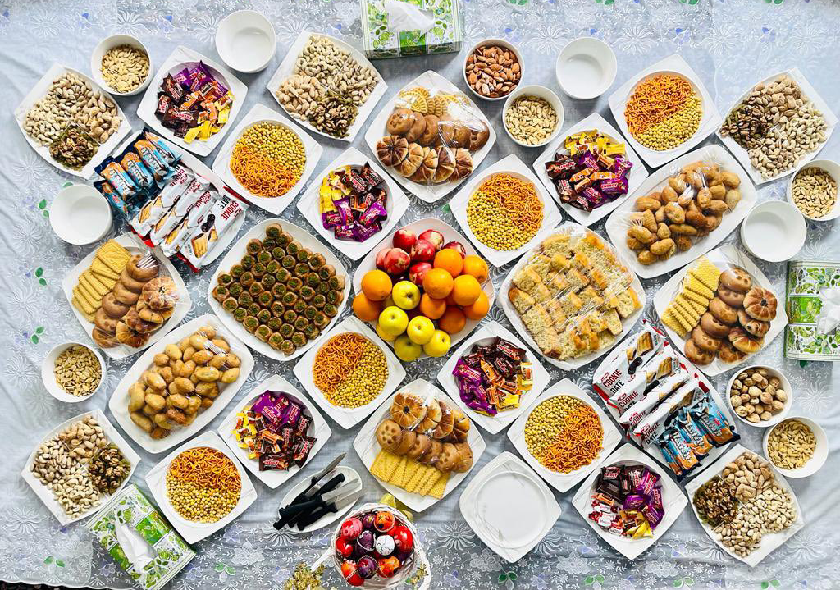

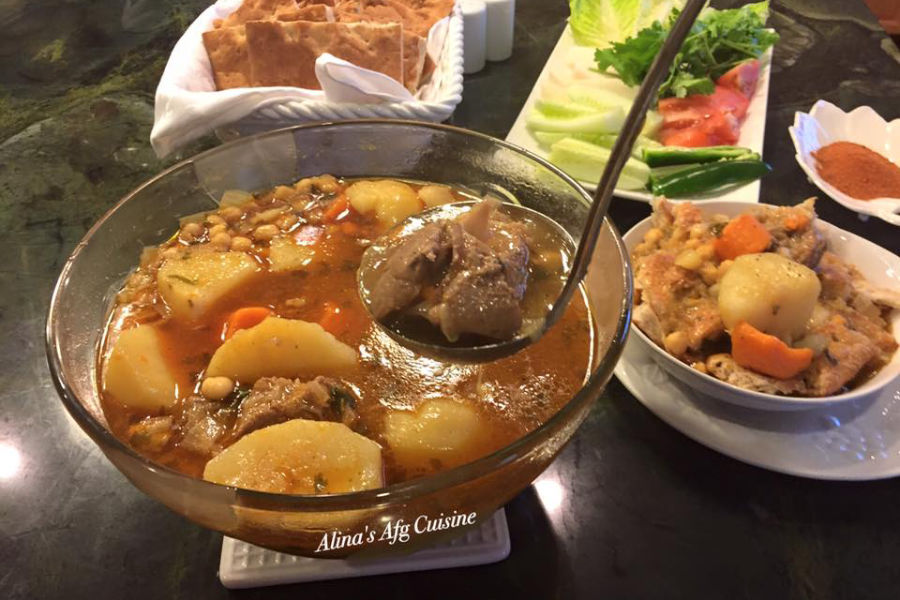
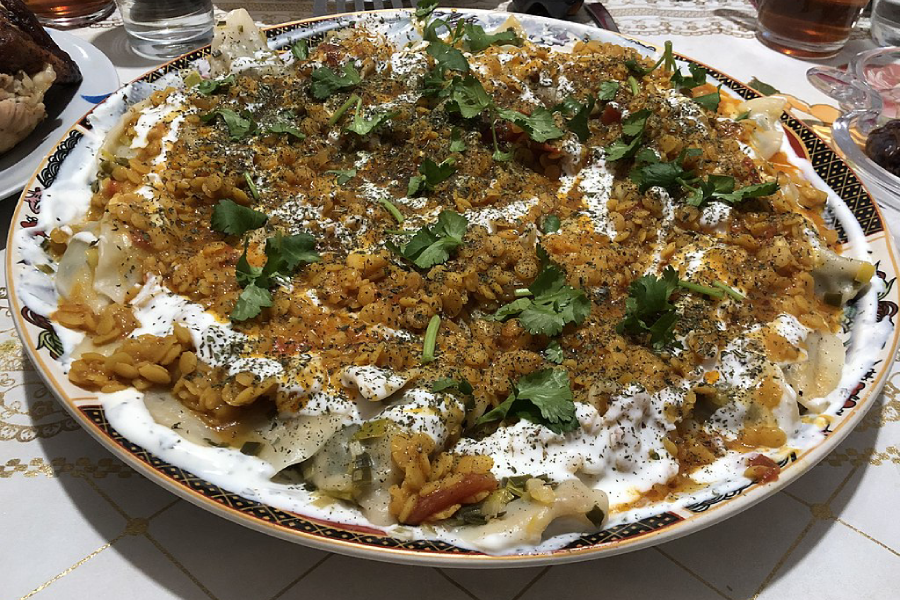
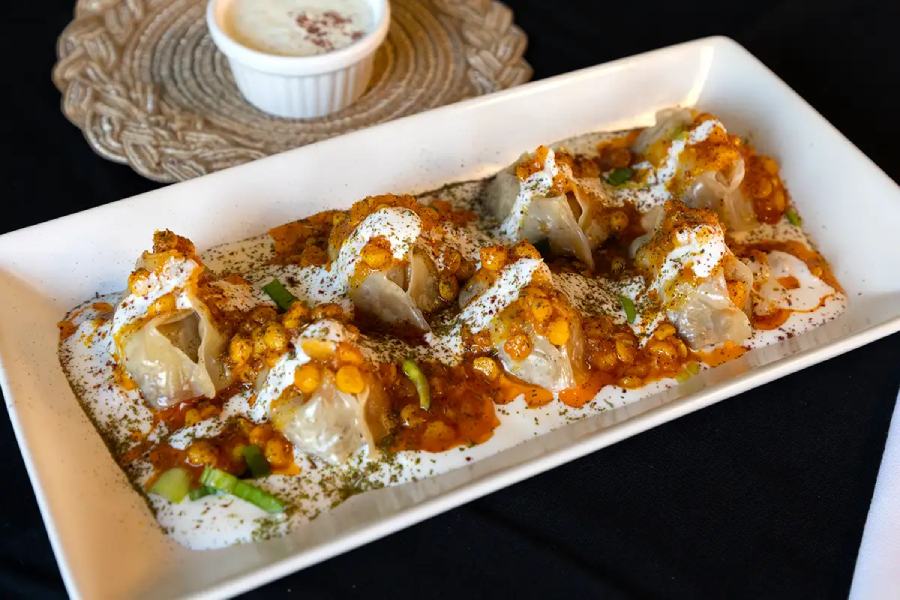
Cuisine and Specialties
- Kabuli Pulao: A regional favorite, this rice dish is prepared with lamb, carrots, raisins, and spices, enjoyed across Afghanistan but with local variations.
- Shorba: A traditional meat and vegetable soup, popular for its comforting, hearty flavors.
- Mantu and Ashak: Dumplings filled with minced meat or vegetables, served with yogurt and mint sauces, a beloved dish in Mazar.
- Fresh Fruits and Nuts: Balkh Province is known for its production of almonds, apricots, and pomegranates, often enjoyed fresh or dried.



